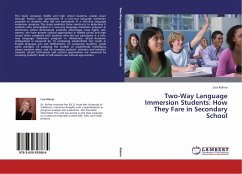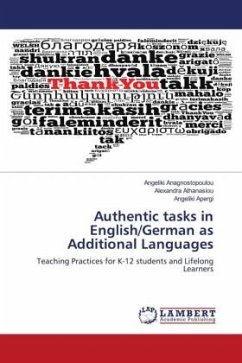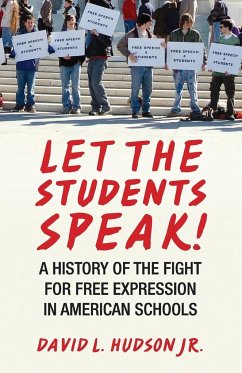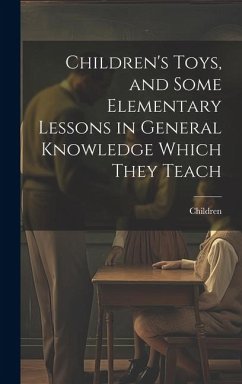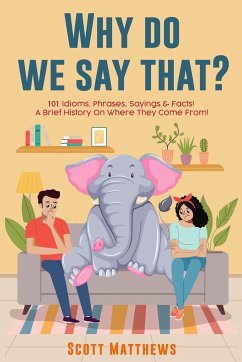
"They should speak German perfectly of course"
Teachers' Discourse on Linguistic Diversity in the EFL Classroom
Versandkostenfrei!
Versandfertig in 6-10 Tagen
37,99 €
inkl. MwSt.

PAYBACK Punkte
19 °P sammeln!
Why should we pay attention to linguistic diversity? Why should teachers be aware of their students' linguistic backgrounds? In Martin's (1997: 101) formulation "The issues of language diversity in education concern the learners as groups, teachers and the nature of pedagogy itself, the relationship between the school and the community and the relationship between the local level and the national level of policy development and implementation. In fact, language diversity in education is the visible tip of what is, metaphorically speaking, a societal iceberg". Because of this and the increasing...
Why should we pay attention to linguistic diversity? Why should teachers be aware of their students' linguistic backgrounds? In Martin's (1997: 101) formulation "The issues of language diversity in education concern the learners as groups, teachers and the nature of pedagogy itself, the relationship between the school and the community and the relationship between the local level and the national level of policy development and implementation. In fact, language diversity in education is the visible tip of what is, metaphorically speaking, a societal iceberg". Because of this and the increasingly diverse linguistic landscape of schools and other public spaces, how teachers deal with these matters is essential not only for the language classroom, but also for the wider society. The present study attempts to reveal how teachers talk about linguistic diversity and multilingualism, what value they attach to languages, and how this affects their teaching practices in the language classroom. Teachers' discourse and classroom language use practices are examined in the context of international, national, and institutional language policies and regulations as these provide the legal framework in which educators operate.



